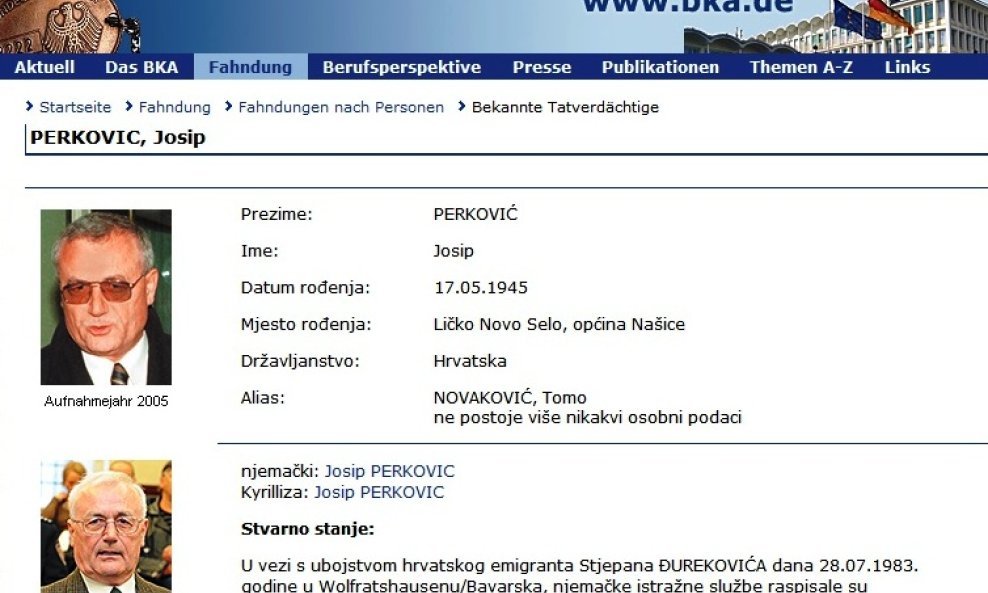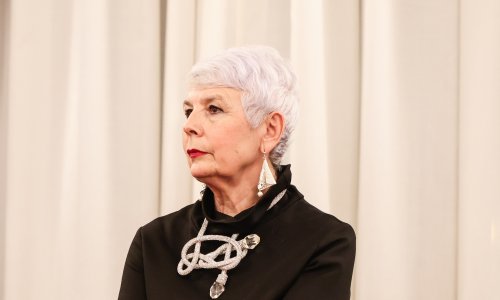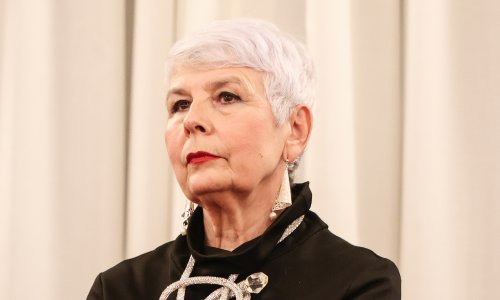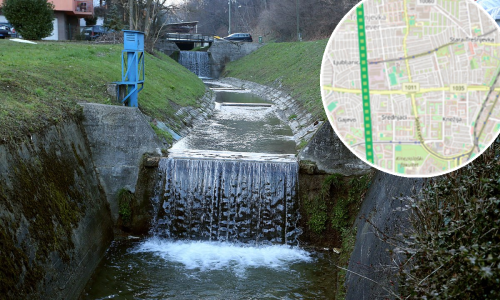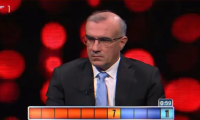Without the votes of the strongest opposition Croatian Democratic Union (HDZ) party, parliament on Friday adopted amendments preventing the application of the European Arrest Warrant (EAW) for crimes committed before August 2002.
The Sabor passed a law on judicial cooperation with European Union member countries in criminal matters, dubbed Lex Perkovic. It was adopted despite intense opposition from part of the political community and warnings from the European Commission.
Seventy-eight members of the ruling coalition voted for the law, while six opposition MPs were against - the Labour Party, the HDSSB party and independent MP Jadranka Kosor.
The Sabor turned down Kosor's amendment to delete the time limit for the application of the EAW.
If the law is passed, it will be a blow to the rule of law, HDZ president Tomislav Karamarko said, adding that the HDZ did not want to give legitimacy to that, after which the HDZ deputies walked out of the session.
Karamarko said the law had already caused damage to Croatia and that it would give the European Commission the possibility of a suit with the EU Court of Justice, resulting in sanctions against Croatia.
"Croatia has undertaken the obligation to apply the European Arrest Warrant without any restrictions and can't now betray what was promised," he said, asking the government why it was entering into a conflict with Europe and holding citizens hostage to this conflict.
Karamarko dismissed arguments that the law protected the Homeland War veterans who could be sued before EU courts, saying the 1991-95 war was fought in Croatia. "The government's argument is an insult to common sense and all those who genuinely want a democratic Croatia."
He said the incumbent ruling majority, then in the opposition, was against adopting a law that would put out of force acts adopted by bodies of the former Yugoslav People's Army, Yugoslavia and Serbia whereby the previous HDZ-led government wanted to protect war veterans from proceedings in Serbian courts.
"This government is threating with secrets, threatening the opposition, the Church. Enough with pointless threats! It's time we faced the dark side of the past and turned to the future," said Karamarko.
Igor Dragovan of the ruling Social Democrats (SDP) accused the HDZ of unreliability. The rule of law Karamarko is talking about was there in the 1990s, in 2006 and 2008, but there was no strength or will to touch into things that would obstruct Croatia's EU path, he said.
"We never had the strength to investigate the crimes and everything that was negative in Croatia's past, and now the people who were at the helm of the service that should have done it, who said that everything was clear, are talking about it."
Dragovan dismissed arguments that this law was being passed because of Josip Perkovic, a former high-ranking official of the Yugoslav secret service. However, if it is so, those were the closest associates of those who today object to this law and of the first Croatian President Franjo Tudjman, and they were involved in key times for Croatia, he said.
If there are unsolved cases, they should be solved by Croatian institutions. Nothing must remain unsolved, uninvestigated or untried, said Dragovan.
The new law has been dubbed Lex Perkovic as opponents of the changed legislation believe the time limits for the application of the EAW have been introduced by the government in a bid to prevent the extradition of former Yugoslav intelligence agent Perkovic, a Croatian national wanted in Germany on charges of having masterminded the political killing of a Croat in Bavaria in 1983.



